Astronomy & Space Science
-
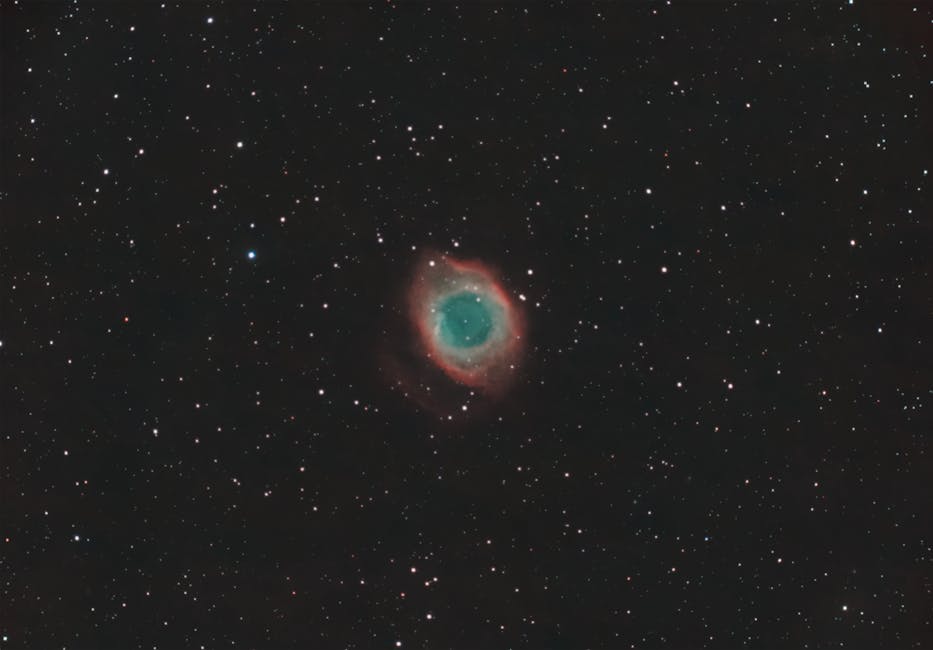
When did the universe begin expanding?
Understanding the universe’s origin and its subsequent expansion is a central quest in modern cosmology. While the concept of an expanding universe is now widely accepted, pinpointing the precise moment…
-
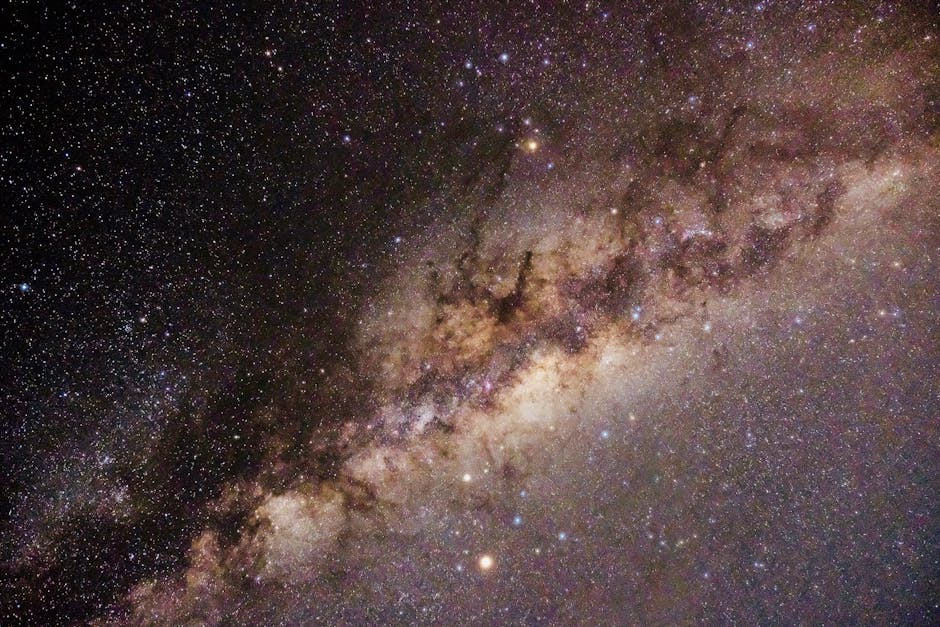
How does gravity affect the shape of galaxies?
Galaxies, the grand cosmic structures housing billions of stars, gas, and dust, exhibit a remarkable diversity of forms. Spiral galaxies, with their swirling arms, elliptical galaxies, smooth and elongated, and…
-
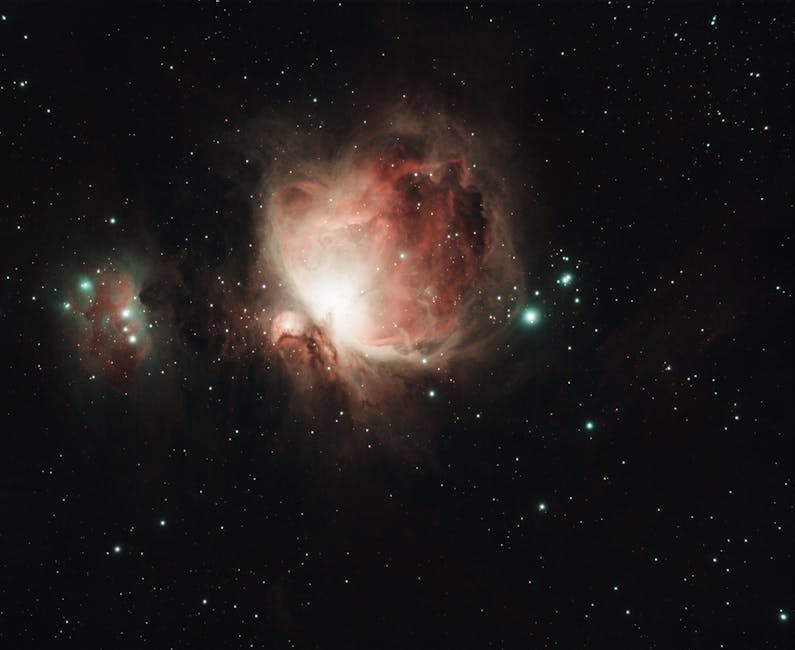
Are there other universes besides our own?
The question of whether our universe is unique or merely one among many has captivated scientists and philosophers for centuries. Recent advancements in cosmology and theoretical physics have fueled this…
-
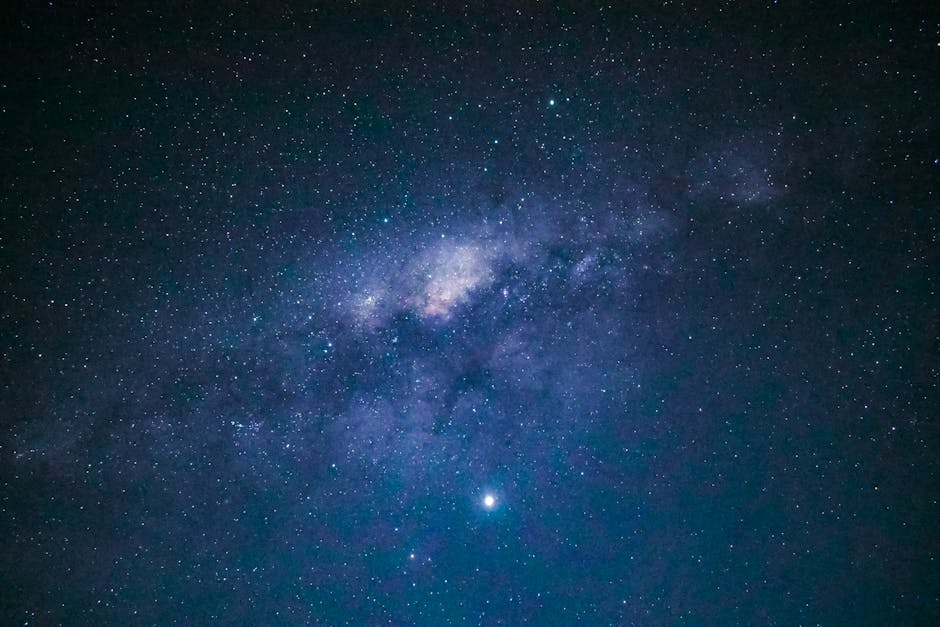
What causes the different types of nebulae?
Emission nebulae, glowing brightly against the darkness of space, are energized by the intense ultraviolet radiation from nearby hot, young stars. These stars, typically O or B type, possess surface…
-
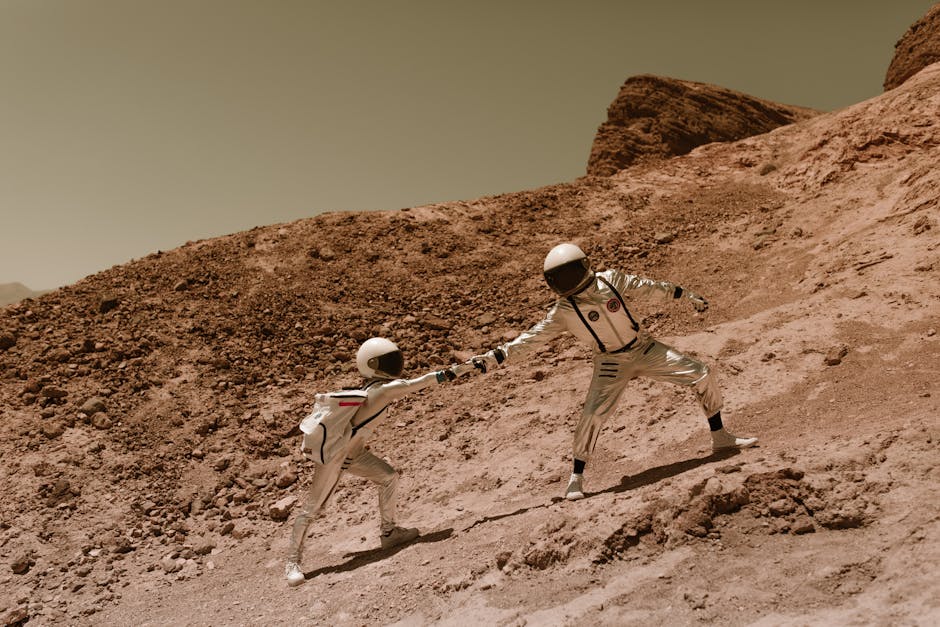
Could humans ever colonize other planets?
A primary obstacle lies in the sheer distance to suitable candidates. Even our nearest planetary neighbor, Mars, represents a journey lasting months, demanding robust life support systems capable of sustaining…
-
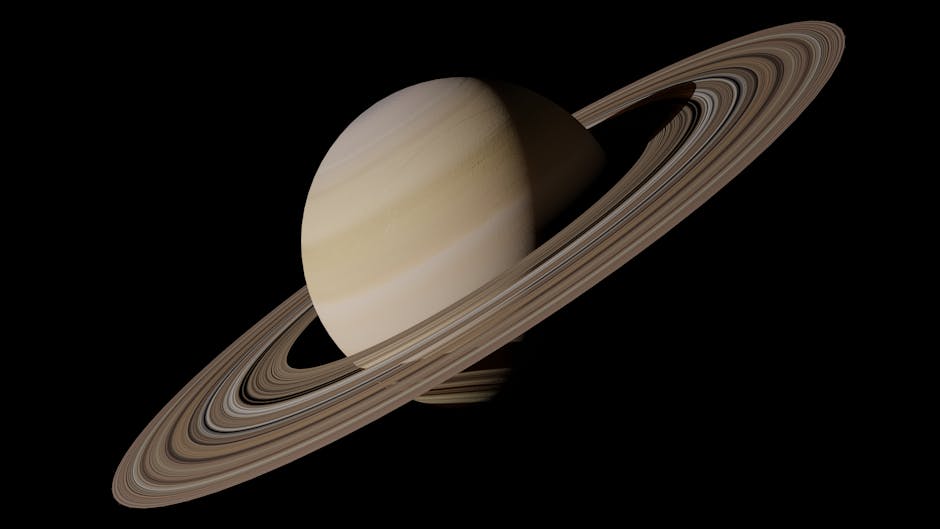
Does life exist beyond our solar system?
The question of whether life exists beyond our solar system is a fundamental one, driving exploration and research across numerous scientific disciplines. While definitive proof remains elusive, significant advancements in…
-

Why is dark matter so mysterious to scientists?
The initial clue pointing towards dark matter emerged from galactic rotation curves. Observations of stars orbiting galaxies revealed velocities far exceeding those predicted by the visible matter alone, based on…
-
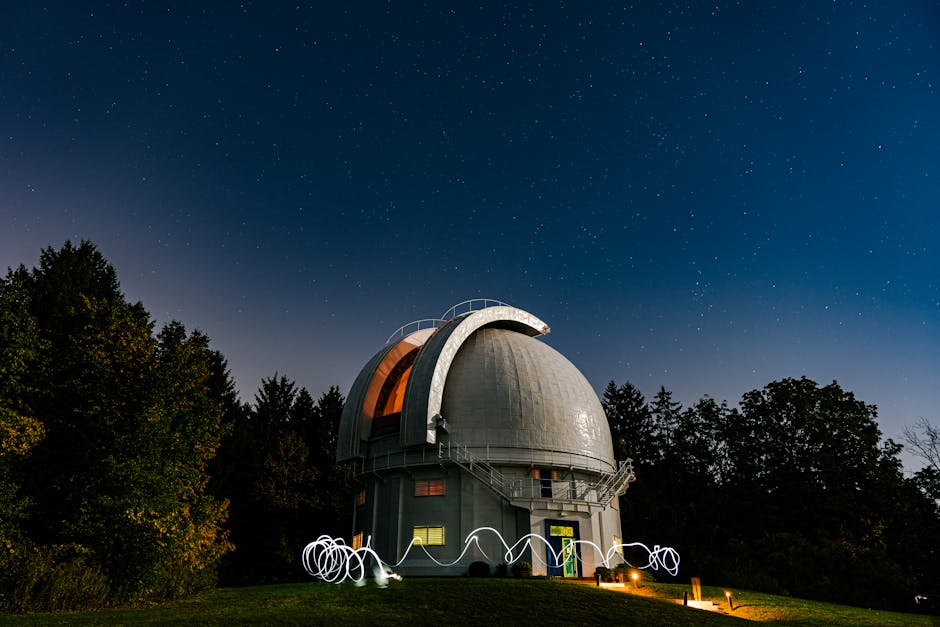
What are the building blocks of galaxies?
First among these building blocks is dark matter. This enigmatic substance, undetectable through electromagnetic radiation, constitutes a significant, perhaps dominant, portion of a galaxy’s mass. Its gravitational influence is paramount;…
-

Where did all the elements in the universe originate?
Understanding the origin of the elements, the fundamental building blocks of matter, is a cornerstone of modern astronomy and astrophysics. Tracing their genesis requires a journey through the vast timescale…
-
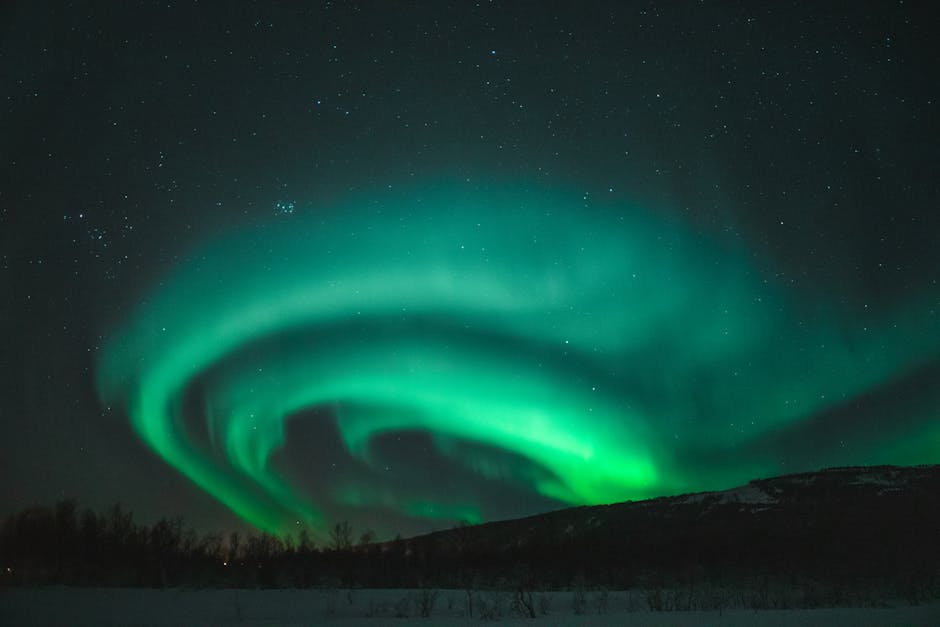
How are black holes formed and what happens inside them?
Stellar evolution, a grand cosmic ballet of nuclear fusion and gravitational forces, culminates in diverse final stages depending on the star’s initial mass. For stars significantly exceeding our Sun’s mass,…